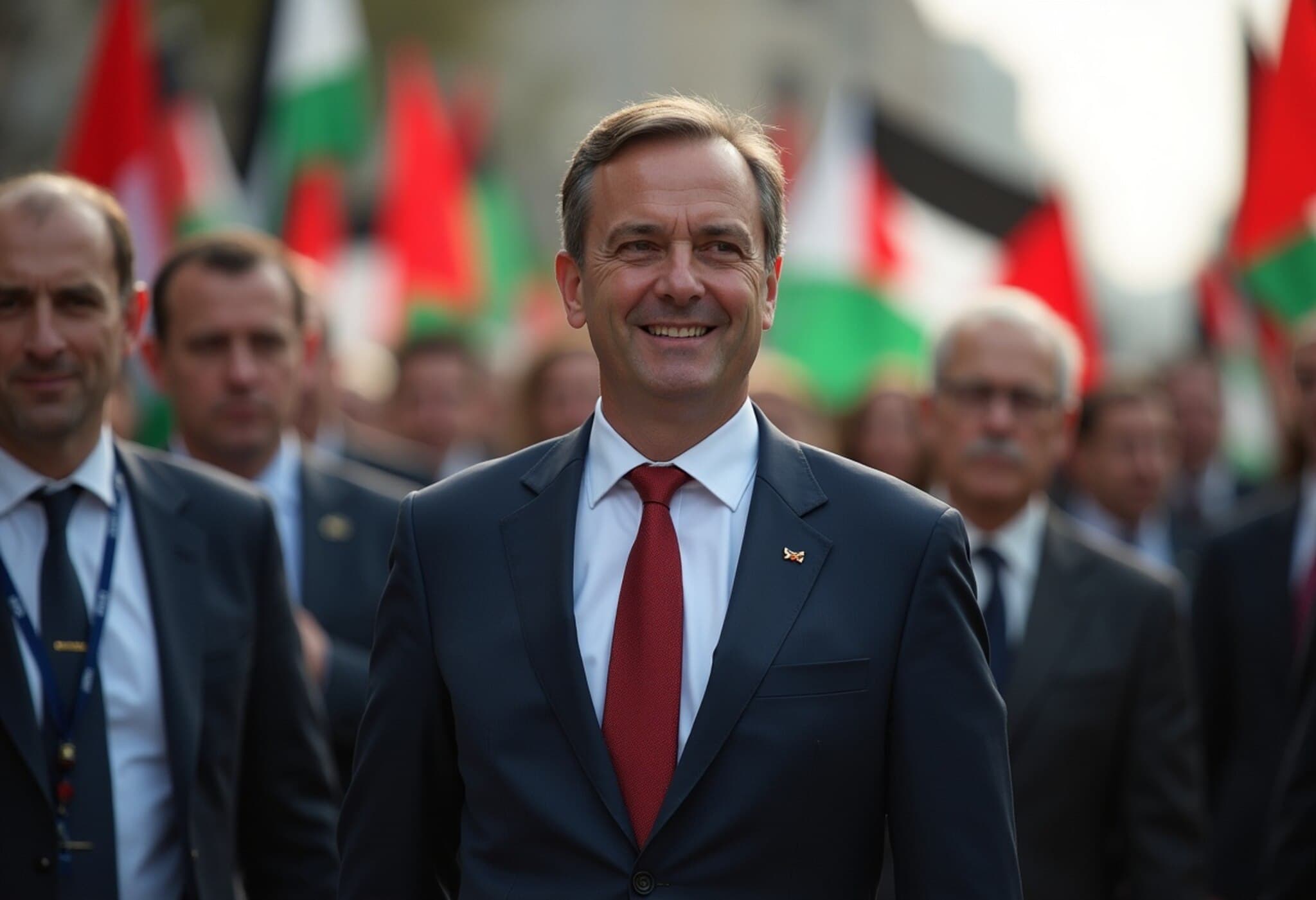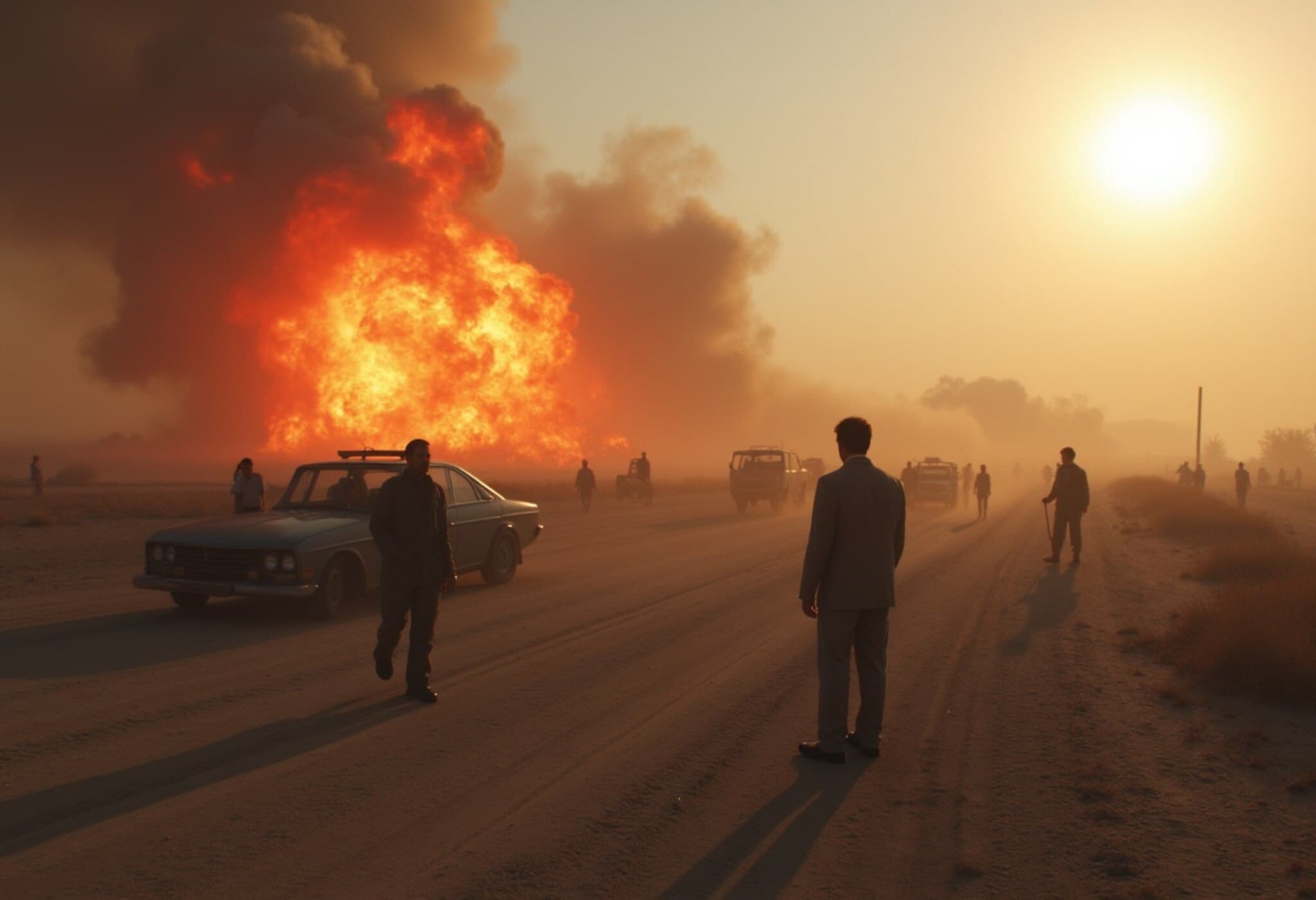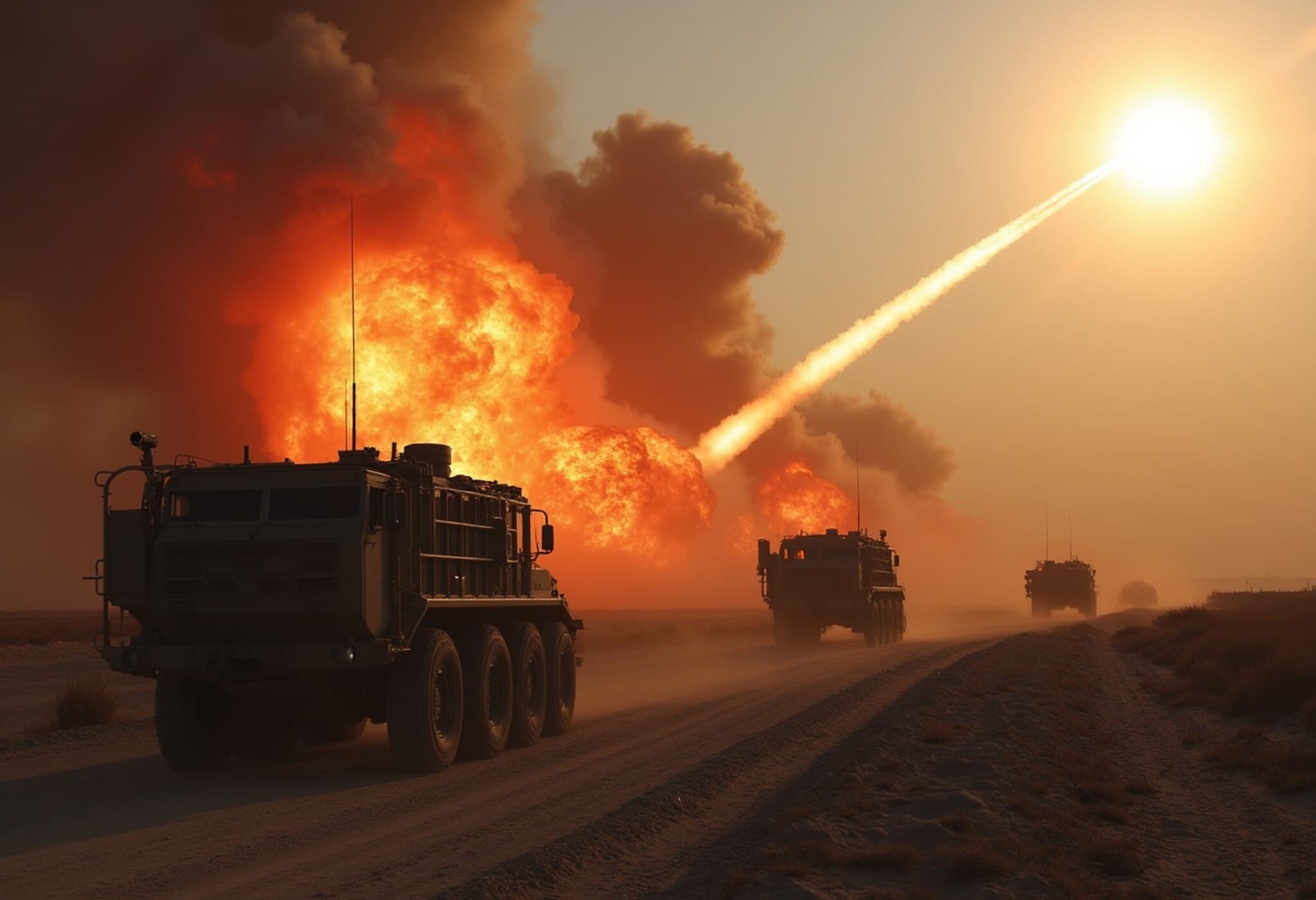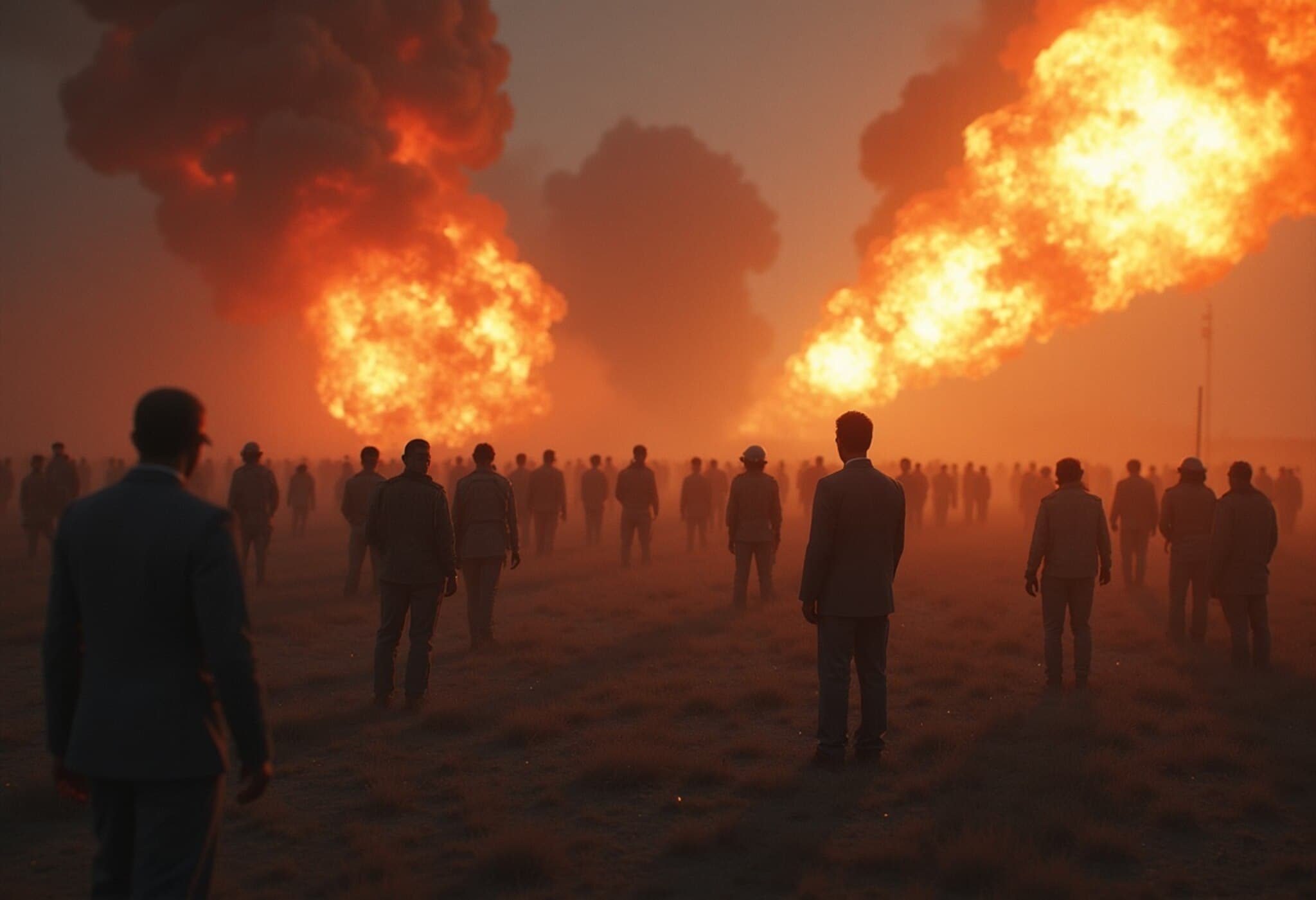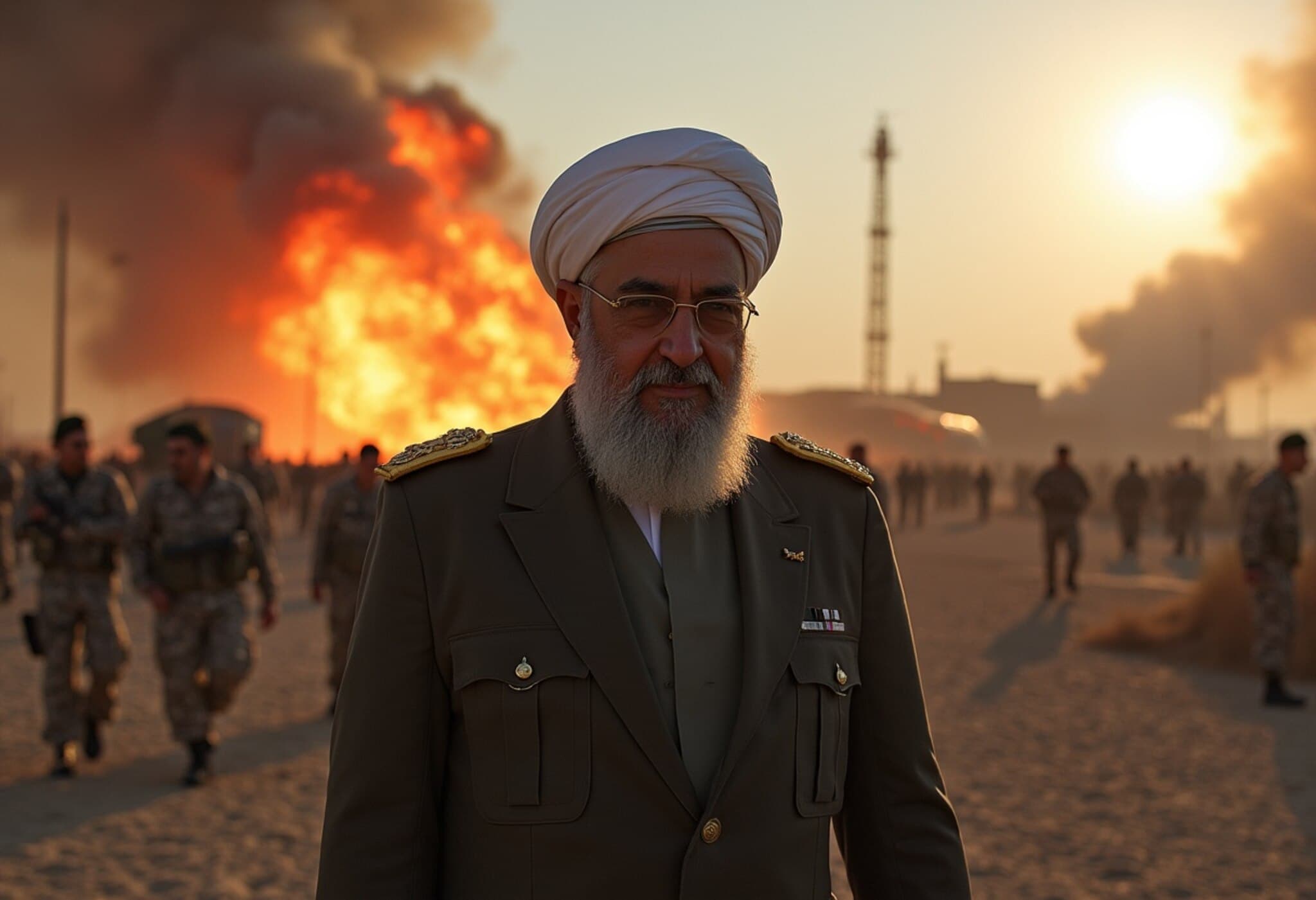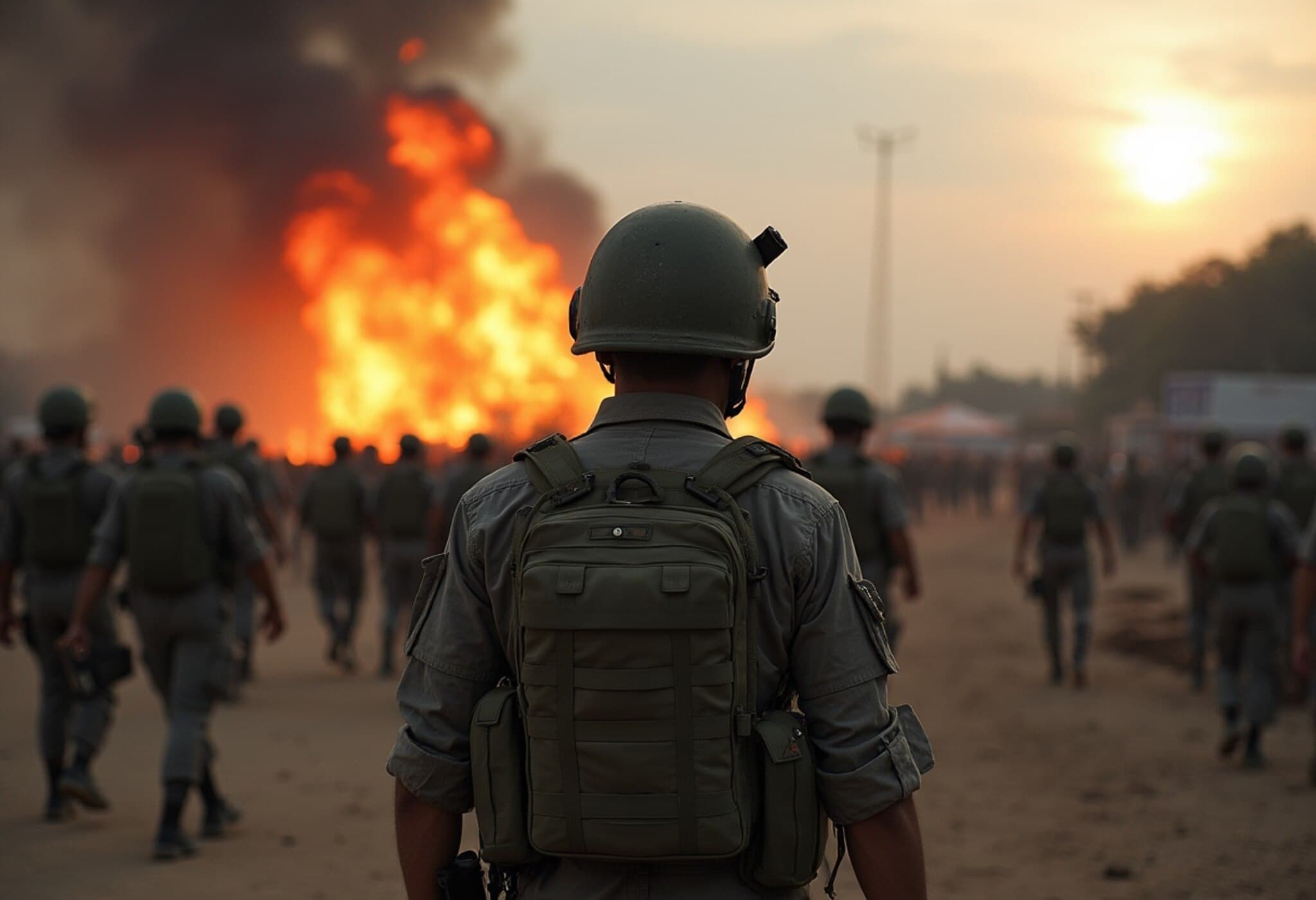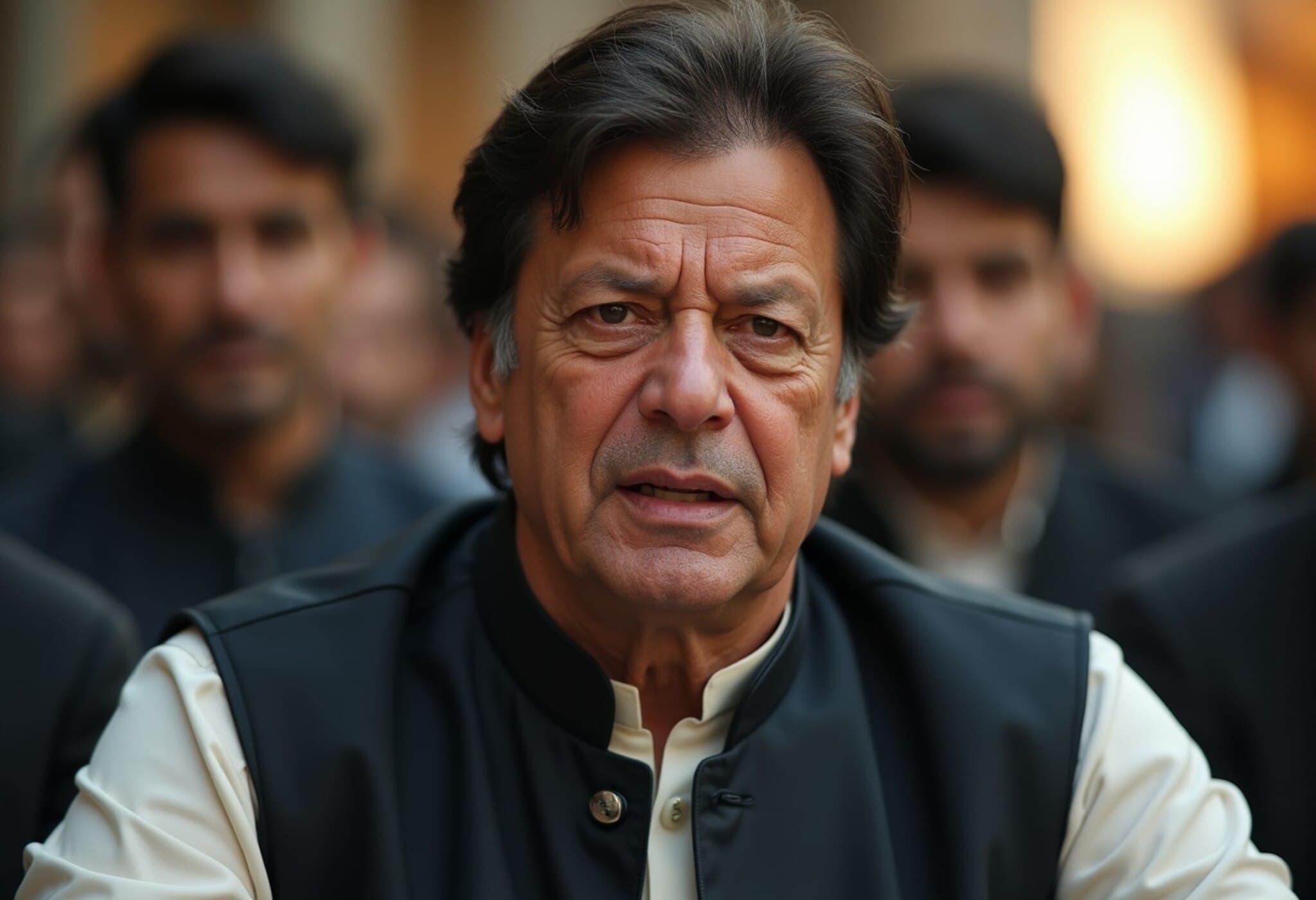France Set to Recognize Palestinian State, Stirring Global Debate
In a landmark decision poised to reshape the turbulent dynamics of Middle East diplomacy, French President Emmanuel Macron declared that France will officially recognize the State of Palestine come September 2025. This announcement, scheduled for delivery at the upcoming United Nations General Assembly, has ignited passionate responses worldwide — from high praise among Palestinians to fierce condemnation among Israeli and American leaders.
Macron’s Call for Peace Amid Continuing Conflict
President Macron framed this move within a broader humanitarian context, underscoring the urgent need for an end to the ongoing war in Gaza and the alleviation of civilian suffering. In a heartfelt statement, he stressed, “Peace is possible. We need an immediate ceasefire, the release of all hostages, and massive humanitarian aid to the people of Gaza.” His message reflected France’s historic commitment to fostering a just and lasting peace in the Middle East, which he argued requires renewed international efforts.
The Political Context: What Does Recognition Mean?
The recognition would make France the first member of the G7 to formally acknowledge Palestinian statehood — a bold step considering the deep geopolitical rifts this issue sparks. Palestinians seek sovereignty over the West Bank, East Jerusalem, and Gaza — territories Israel has occupied since the 1967 Six-Day War. Recognizing Palestinian statehood at this juncture, especially in the aftermath of Hamas’ October 2023 attacks and subsequent Israeli military responses, touches on contentious narratives of security, legitimacy, and justice.
Conflicting Reactions: Praise, Criticism, and Global Ripples
- Palestinian and Hamas Response: Palestinian Authority leader Mahmoud Abbas and his deputy hailed the move as a reaffirmation of international law and the right to self-determination. Hamas, labeled a terrorist organization by many nations but a key player in Gaza, viewed the recognition as a “positive step” toward justice and international acceptance.
- Israeli Government’s Staunch Opposition: Prime Minister Benjamin Netanyahu condemned the announcement vehemently, branding it as a ``reward for terror’’ and a dangerous provocation that could threaten Israel’s very existence. Other Israeli officials echoed the sentiment, warning that a recognized Palestinian state under current conditions would essentially be a state controlled by Hamas militants.
- American Rebuke: U.S. Senate Foreign Relations Committee Chairman Marco Rubio sharply criticized Macron’s decision, calling it “reckless” and accusing it of empowering Hamas propaganda and undermining prospects for peace — a stance reflecting continued U.S. support for Israel in this complex conflict.
Expert Commentary: Navigating a Diplomatic Crossroads
This bold diplomatic move by France spotlights the ongoing challenge in addressing the Israeli-Palestinian conflict within international forums. Experts note that recognizing Palestinian statehood while conflict endures sends a strong political message but risks complicating peace negotiations at a delicate time.
From a U.S. policy perspective, Macron’s action signals a growing willingness among some Western allies to break with long-standing tacit support for Israeli policies, emphasizing humanitarian concerns and international law. Yet, it raises critical questions:
- Can recognition facilitate meaningful dialogue, or does it deepen polarization?
- How will this impact the fragile humanitarian situation on the ground?
- Will other G7 nations follow France's lead, or will this isolate Paris diplomatically?
The Road Ahead: A Diplomatic Pivot Point
As September approaches, the world watches closely. Macron’s announcement is more than a symbolic gesture; it challenges entrenched narratives and demands renewed reflection on peacebuilding strategies. The delicate balance between acknowledging Palestinian aspirations and addressing Israeli security concerns remains at the heart of this geopolitical flashpoint.
Key Takeaways:
- France’s recognition marks a historic G7 first, underscoring increasing international impatience for resolution.
- The move reflects heightened humanitarian concerns amid ongoing Gaza conflict.
- Strong opposition from Israel and the U.S. highlights persistent fractures in international consensus on the conflict’s path forward.
- The decision throws into sharp relief the challenges of mediating peace when violence and political mistrust persist.
Editor’s Note
France’s decision to recognize Palestine reverberates far beyond diplomatic protocol. It forces policymakers, activists, and citizens worldwide to confront the stark realities facing Palestinians and Israelis alike. As humanitarian crises unfold amid political stalemates, the question remains: can international recognition of statehood serve as a constructive catalyst for peace, or will it entrench divisions further? Observers should watch for how this development influences negotiations, regional alliances, and, most importantly, the lives of millions caught in the crossfire.












